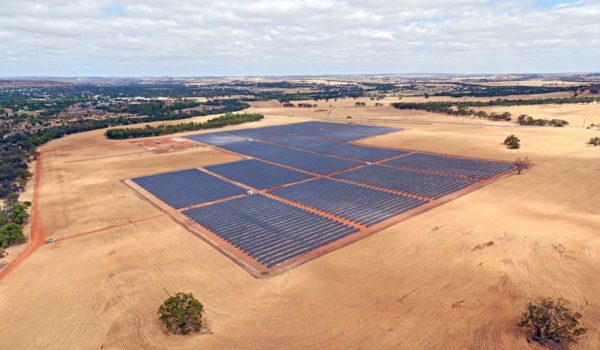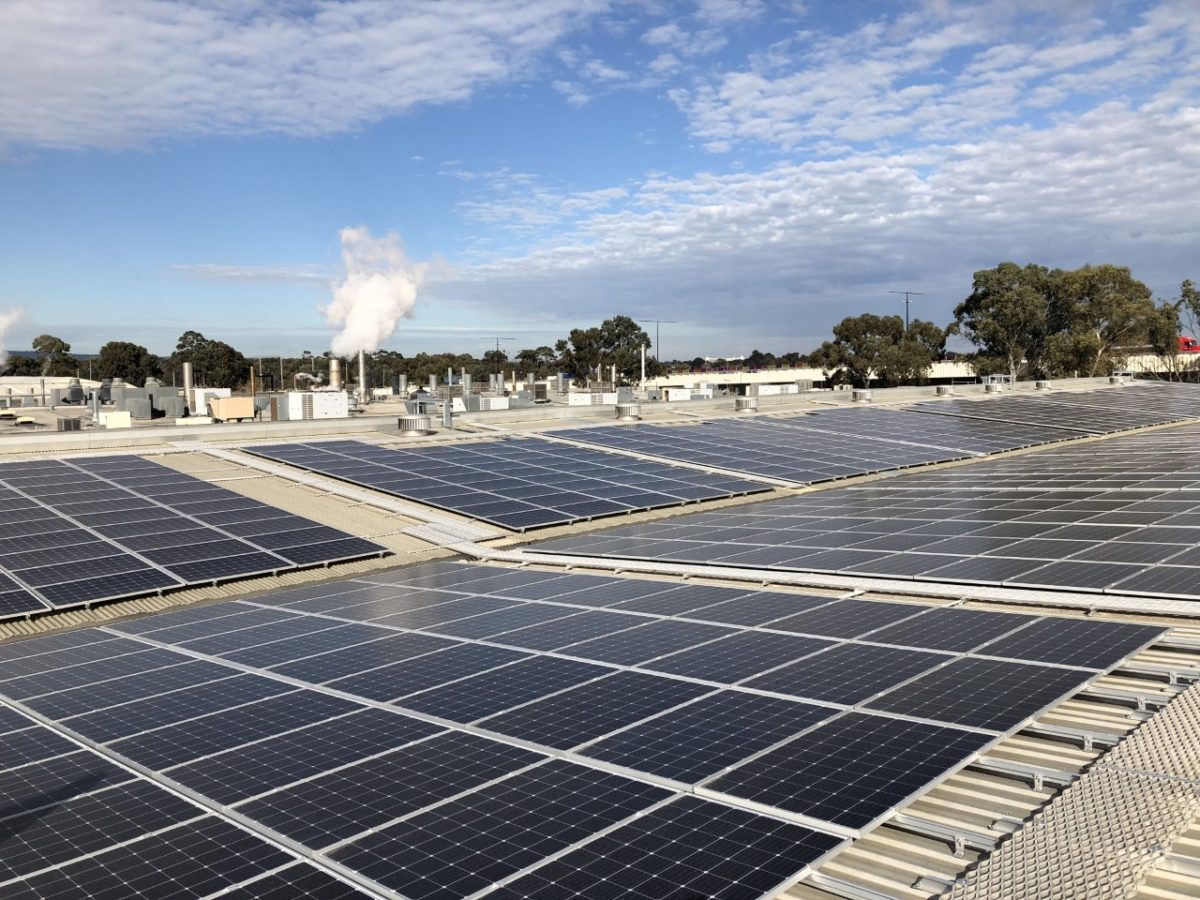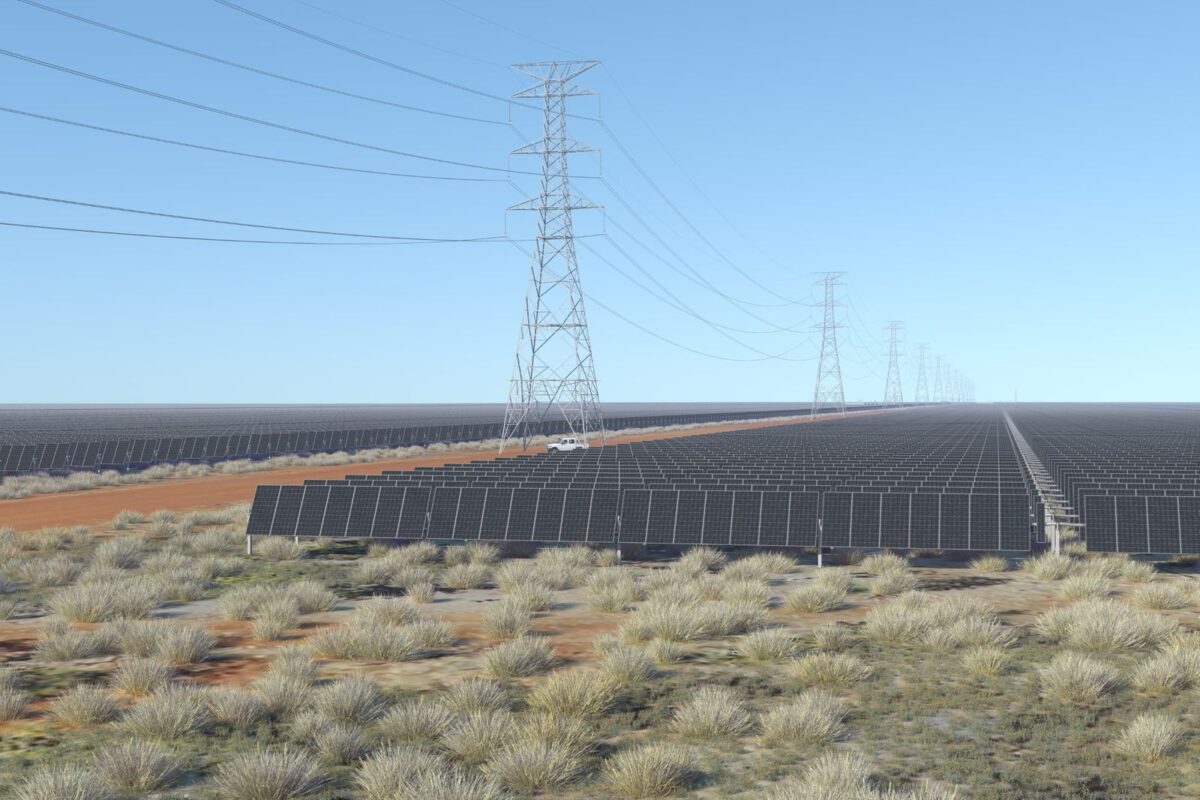PepsiCo Australia announced on Thursday it has teamed with French renewables giant Engie and the Northam Solar Farm to secure power purchase agreements (PPAs) to source clean energy generated at a string of wind and solar PV farms, enabling its transition to 100% renewable electricity across its entire Australian operation.
The new agreements will integrate with PepsiCo’s current and planned on-site solar PV installations and the purchasing of large-scale generation certificates (LGCs).
The deal represents the first PPA for the Northam Solar Farm, which is jointly owned by Indigenous Business Australia (IBA) and Bookitja, a part of the Noongar Property Holdings group.
IBA acting executive director Stella de Cos said the returns provided by the organisation’s investment in renewable energy will be reinvested to benefit and create opportunities for Indigenous Australians.
“The Northam Solar Farm consists of 33,600 solar panels and is constructed over 25 hectares to provide renewable, sustainable, zero-emission electricity powered by Western Australia’s Wheatbelt sunshine,” she said.
“The agreement with PepsiCo Australia is the first PPA on this project and the first large-scale solar farm for IBA. We look forward to doing more in the renewable space with a view to Indigenous communities maximising their land resources.”
The PPA will be facilitated through an Electricity Supply Agreement with Western Australia-based electricity retailer Change Energy which will manage the Renewable Energy Certificate compliance, network connections and provide additional wholesale energy requirements to Pepsico’s Forrestfield manufacturing site in WA.
The new agreements will ensure Pepsico’s entire Australian operation, including its headquarters at Chatswood in New South Wales and manufacturing sites in South Australia, Queensland and WA, is powered entirely by renewable energy.

Image: RE100
Pepsico, which has committed to 100% renewable electricity across its entire operations globally by 2040, said the shift to renewable energy in Australia will reduce the company’s carbon emissions by around 26,000 tonnes per year – equivalent to the annual electricity usage of 6,950 Australian homes.
PepsiCo Australia and New Zealand chief executive Danny Celoni said the company is committed to reducing emissions with climate change one of the most pressing concerns facing the global food system.
“The move to renewable electricity is positive for our business,” he said. “Australian consumers care about how companies are responding to climate change. The agreements are a great step forward in achieving our goal of net zero emissions by 2040.”
PepsiCo is a member of RE100, a global renewable energy initiative led by international non-profit The Climate Group and CDP, formerly the Carbon Disclosure Project, bringing together large business with a shared commitment to renewable electricity.
Between them, the Australian members of RE100 use more than 5.5 TWh of electricity per year, enough to power 800,000 Australian homes.
RE100 Australia co-ordinator Jon Dee said PepsiCo’s switch to 100% renewable energy is a positive example for other companies to follow.
“Research shows that Australians want real action on climate change,” he said. “On that front, PepsiCo are delivering what the public want.”
This content is protected by copyright and may not be reused. If you want to cooperate with us and would like to reuse some of our content, please contact: editors@pv-magazine.com.









By submitting this form you agree to pv magazine using your data for the purposes of publishing your comment.
Your personal data will only be disclosed or otherwise transmitted to third parties for the purposes of spam filtering or if this is necessary for technical maintenance of the website. Any other transfer to third parties will not take place unless this is justified on the basis of applicable data protection regulations or if pv magazine is legally obliged to do so.
You may revoke this consent at any time with effect for the future, in which case your personal data will be deleted immediately. Otherwise, your data will be deleted if pv magazine has processed your request or the purpose of data storage is fulfilled.
Further information on data privacy can be found in our Data Protection Policy.